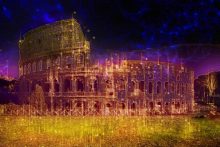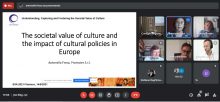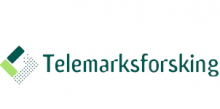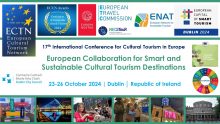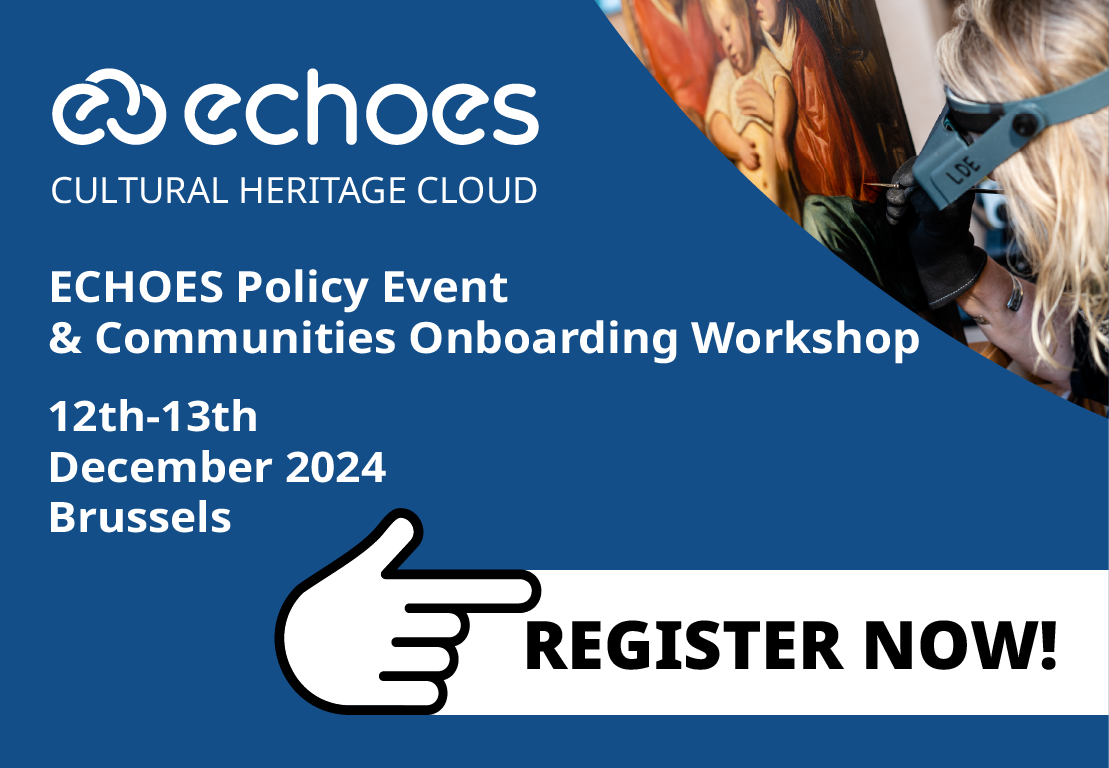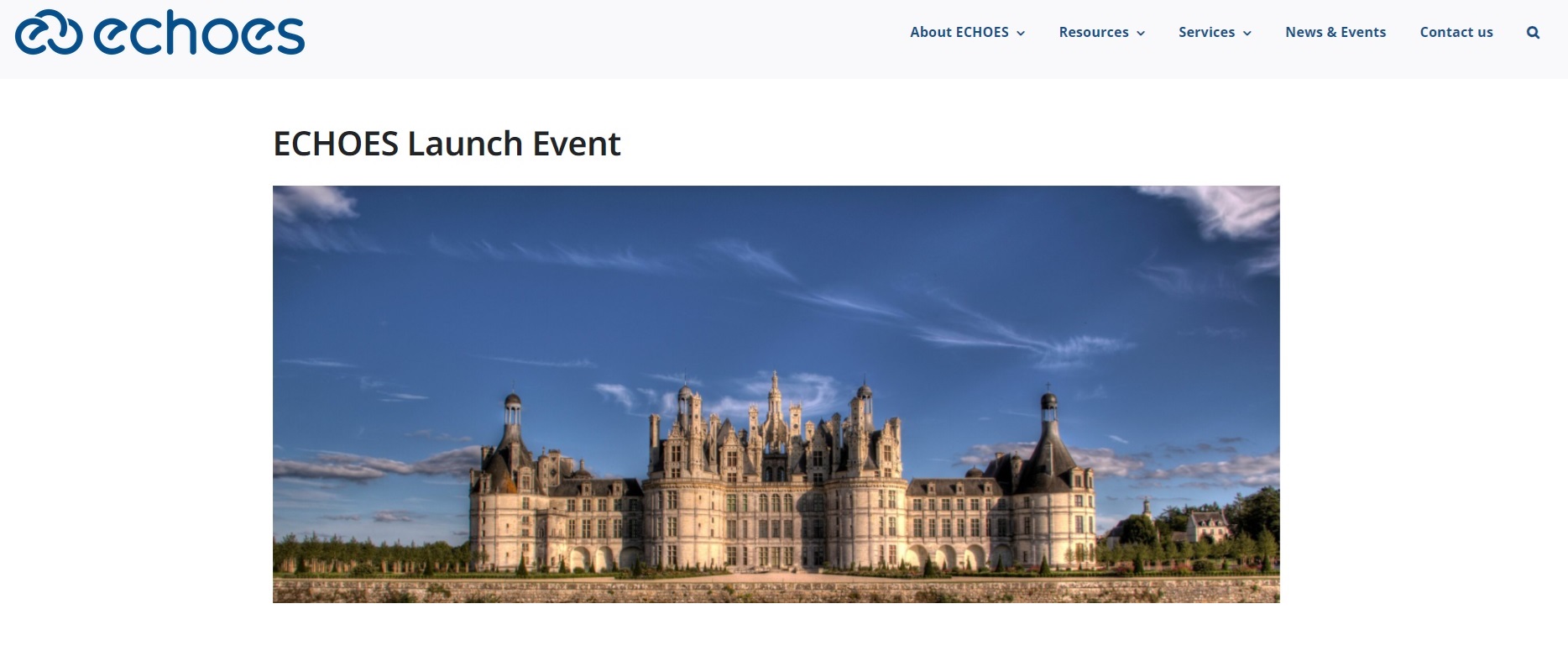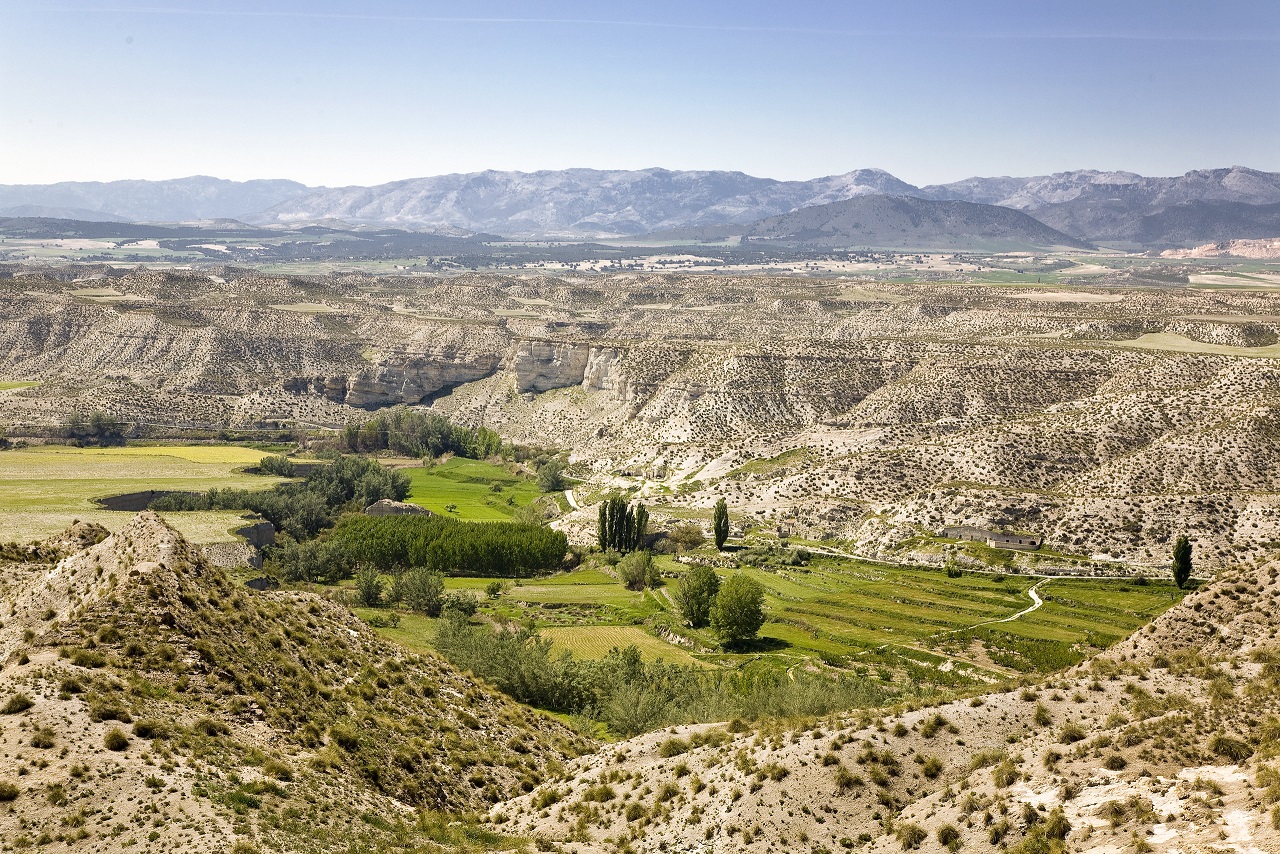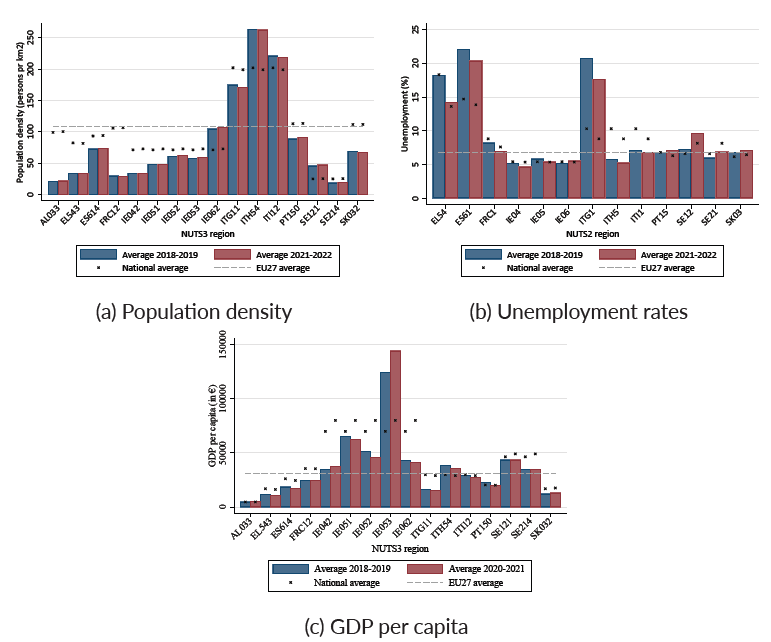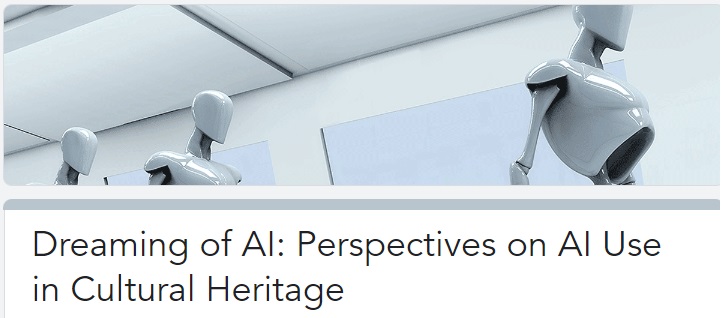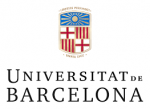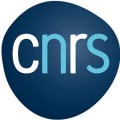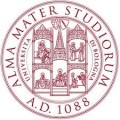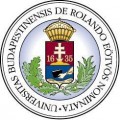 How can cultural heritage institutions keep up with the latest digital technologies and trends? How can they organise and develop a digital workflow to enhance audience engagement and participation?
How can cultural heritage institutions keep up with the latest digital technologies and trends? How can they organise and develop a digital workflow to enhance audience engagement and participation?
The new Massive Open Online Course (MOOC) “Developing Digital Transition Strategies for Cultural Heritage Institutions” aims to answer these and other questions in order to support cultural heritage professionals in developing digital strategies.
The course will start on September 26, 2022 and is organized by the inDICEs project, which has received funding from the European Union for 2020-2022 under the Horizon 2020 programme.
MOOC course addresses cultural heritage professionals, policy makers, students, and anybody with an interest in discovering how to address the challenges of digital transformation. Experts from various fields will teach how to design, evaluate and improve digital transformation strategies, as well as, provide insights and tools to assess the impact that cultural heritage institutions can have thanks to new technologies.
‘Developing digital transition strategies for cultural heritage institutions’ will cover six modules:
- Digital Transformation & Self-Assessment: introductory module partly focused on the concept and importance of digital transformation.
- Digital trends and Culture 3.0: the main transitions of the web, the different domains and types of impact of digital cultural participation, as well as trend watching practices are focal points.
- Empowering IPR for the commons : how cultural heritage institutions can make reuse of digital content clear from a legal perspective.
- Strategic skills, collaboration & organisation growth: how participation in networks can increase organisational capacity and help to optimise the impact of cultural heritage institutions.
- Impact assessment: good practices, tools and methodologies to assess whether a strategy is working or needs to be refined or redirected.
- Approaching technological innovation.
More information at https://www.edx.org/course/developing-digital-transition-strategies-for-cultural-heritage-institutions




